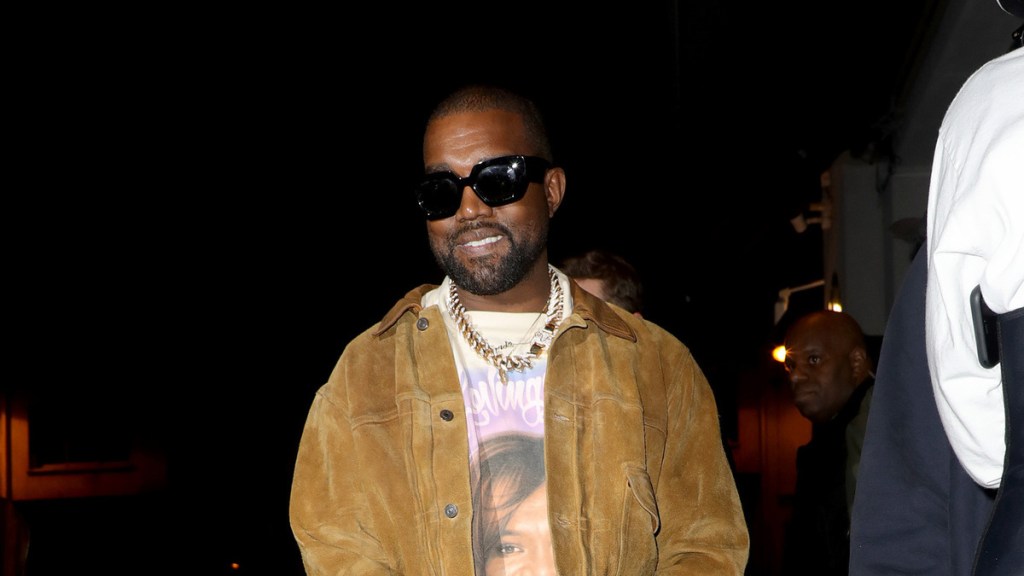One topic that has been flying across social media lately is artists owning their “masters.”
A “master” is a term used to refer to the original sound recording copyright of a song. When an artist records a song, he or she is also creating an original sound recording protected under United States copyright law. With the landscape of the music business constantly involving, many artists, particularly those signed to major record labels are brokering deals to retain ownership of their sound recordings.
Pop star Taylor Swift doesn’t own her master recordings and has been publicly expressing her feelings and frustrations (her arch-nemesis Scooter Braun just acquired them). For many years, the standard record deal was set up for artists to fork over all their rights within the sound recordings in exchange for a royalty. That’s essentially what a record deal is though.
Record companies are in the business of selling and distributing recorded music.
Technology has always been the driving force behind the music industry. So, with the development of music streaming services and other social media platforms have, many artists are able to deliver musical content directly to their fans without relying on record companies.

AD LOADING...
Such practices have given new and well-established artists leverage when negotiating record deals. For example, artists such as Chris Brown and Beyoncé are no longer in traditional record deals. They now own their master recordings and partner with record labels to distribute their music under a licensing agreement, not a recording contract. This type of agreement allows them to have complete control over their sound recordings in the future.
On another hand, Taylor Swift has no ownership within her six-album catalog with Big Machine Records. You may be asking yourself, “Why would a record label do such a deal?” Simply because record companies are in the business of selling recorded music. That’s how they make money.


Even veteran rapper Nas learned about the value of owning his masters the hard way. In an interview on Nore’s and DJ EFN’s Drink Champs podcast, Nas was very candid about not owning the master recordings for his four or five albums. Legendary recording artist Prince, who was a long-time advocate for fair pay and ownership fought against major record labels for years before his death. Unfortunately for Nas, his lack of ownership within his masters caused a collaboration between him and Prince to be halted. Prince would not contribute to any recordings without obtaining ownership within the master (the sound recording copyright).
What does all of this have to do with producers? Most producers are familiar with negotiating ownership within the performance copyright. This process is also referred to as “securing publishing splits.” But, what about the sound recording copyright splits? As part of common practice, the sound recording copyright is divided equally with 50 percent ownership going to both the artist and producer. What if you produce a song for major recording artists such as Chris Brown, Beyoncé of Lil Nas X?

AD LOADING...
With so many artists trying to retain ownership within their masters, artists will attempt to get producers to transfer their sound recording rights in order to have more control over their song catalogs. This tactic isn’t anything new though.
During my career, I have been offered large sums of cash to transfer my sound recording rights to recording artists signed to major labels.
Of course, I declined those offers. For producers today, it is even more important not to resist the temptation of transferring your rights away for a quick buck.
For example, let’s say Artist A purchases an exclusive track from producer marketplaces such as Beatstars, Airbit or License Lounge. The song generates some attention from major labels and artist A signs a recording contract with a label. At this point, the producer and artist A share equal ownership within the master recording 50/50.

AD LOADING...
There are two scenarios that may happen at this point. Number #1: The record company may want 100 percent ownership of the master recordings created by Artist A. Or Number #2: The record company may agree to license the master recordings from the artist. As the producer, this is where you have the most leverage to negotiate. If a producer retains ownership within the masters, he or she can be afforded the same flexibilities the artists’ desires.
Traditionally, producers have signed away their sound recording rights in exchange for a production royalty because that was the industry business model created by the major record labels. This is no longer the standard anymore. In most artist record deals, the record label agrees to pay the artist a royalty (a percentage of record sales) in exchange for selling his or her “sound recordings.”
The artist then pays the producer a royalty out of his or her share. If record labels are less interested in owning master recordings today, why should producers transfer their sound recording rights away to anyone?

AD LOADING...
I predict most major recording artists will own their masters in the future anyway.
Darrell “Digga” Branch is a Grammy-nominated, platinum-selling producer who has laced beats for the likes of JAY-Z, 50 Cent, Jennifer Lopez and Cam’ron, who he helped launch the Dipset movement with. Follow him on Instagram @sixfigga_digga for more music industry insight.
[apple_news_ad type=”standard”]





